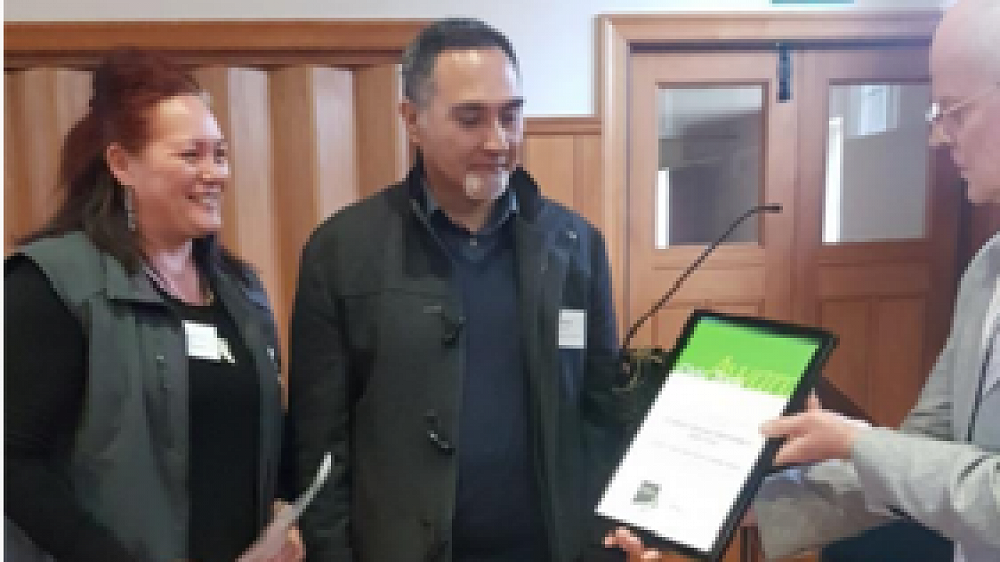
Maori apprentices sang at St Barnabas Evensong
St Barnabas Hall was the venue for presentation of Christchurch Civic Trust 2021 Awards in October - and a past link remembered.
A Civic Trust Award was presented to Te Whatu Manawa Maoritanga o Rehua Trust for the redevelopment of Te Koti Te Rato (the former Rehua Māori Apprentices Hostel) into the Te Koti Te Rato apartments complex at Rehua Marae, 79 Springfield Road, St Albans. David Ormsby (chair), Catherine Stuart and Paula Rigby (trustees) accepted the award on behalf of all involved.
The Category A Award citation stated: The Christchurch Civic Trust recognises the enterprise in repurposing an existing building as Marae based housing development that also revitalises the marae community.
Te Koti Te Rato was opened in 1966 to accommodate the growing number of Maori apprentices from all over New Zealand in a community-based, Christian atmosphere.
Due to changes in Government trade training policy, the Rehua hostel closed in the late 1980’s, and the Marae later purchased the rundown hostel in around 2000. After considering options carefully, Te Whatu Manawa Māoritanga o Rehua Trust decided to redevelop the former hostel as papakāinga housing (rental accommodation), to bring whānau back to the marae to live and engage in marae activities, and, in so doing, revitalise the community.
Older St Barnabas parishioners may recall the large group of Maori apprentices from Rehua Marae regularly attending St Barnabas Evensong in the 1960s. Their glorious singing was uplifting, recalls St Barnabas parishioner and Civic Trust Board member, Anne Dingwall. St Barnabas was a fitting venue to honour the repurposing of the hostel, originally built for those apprentices.
“Fifty years on from hostel life, I’m very excited about the sense of continuity the new apartments will bring.
“So many lives were shaped here and many of the old boys’ hearts are still here.” Hori Poi, Ngāti Porou, who arrived from Gisborne in 1974.
